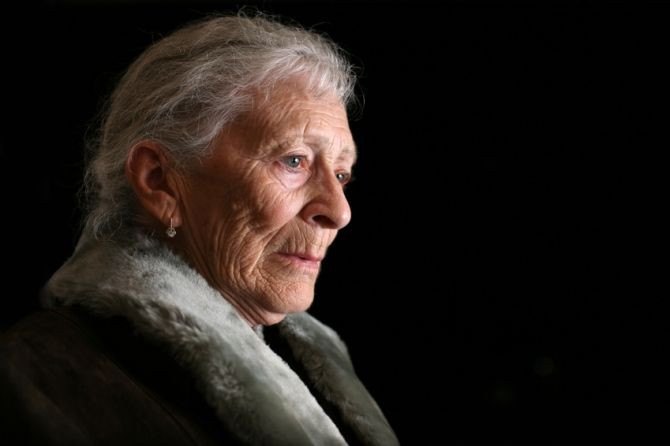Social Isolation Shortens Lifespans Of Loners: The Dangers Of Living By Oneself

We all know that loneliness and social isolation has been parodied since Shakespeare put a damper on romantic tragedies to pop tracks like Britney Spears' "Hit me Baby."
But in a recent study that collected 6,500 people from the United Kingdom, researchers found that the debilitating emotions from loneliness and infrequent contact with loved ones and friends could shorten a person's lifespan.
"We were thinking that people who were socially isolated but also felt lonely might be at particularly high risk," Andrew Steptoe, lead author and professor of psychology at University College London, told NPR.
The men and women who took part in the English Longitudinal Study of Ageing were above the age of 52 and given a survey between 2004 and 2005 to evaluate their loneliness and frequency of contact with family and friends for the following eight years.
And apparently the risk of death is mostly associated with isolation rather than loneliness. While loneliness and social isolation are both associated with degrading the health and well-being of an individual, any solution to reduce the mortality rate should include reducing isolation.
Initially, the study didn't take into account risks that linked death to loneliness. The results revealed possible reasons why an individual is at risk of dying when their lonely was because they have no one to reach out to for help if they're in financial distress or afraid no one could take care of them if they're sick.
Once these reasons were removed, risk of dying was no longer associated with loneliness.
After the study ended in March last year, 14.1 percent of the individuals died. Specifically 21.9 percent of those categorized as socially isolated died significantly more compared to 12.3 percent of those who were least apart from people.
Other experts shared their input on the study, saying Facebook and social media may not make an indivual feel lonely, but constant and direct contact with people has is a significant and positive contribution to your health.
Published by Medicaldaily.com



























